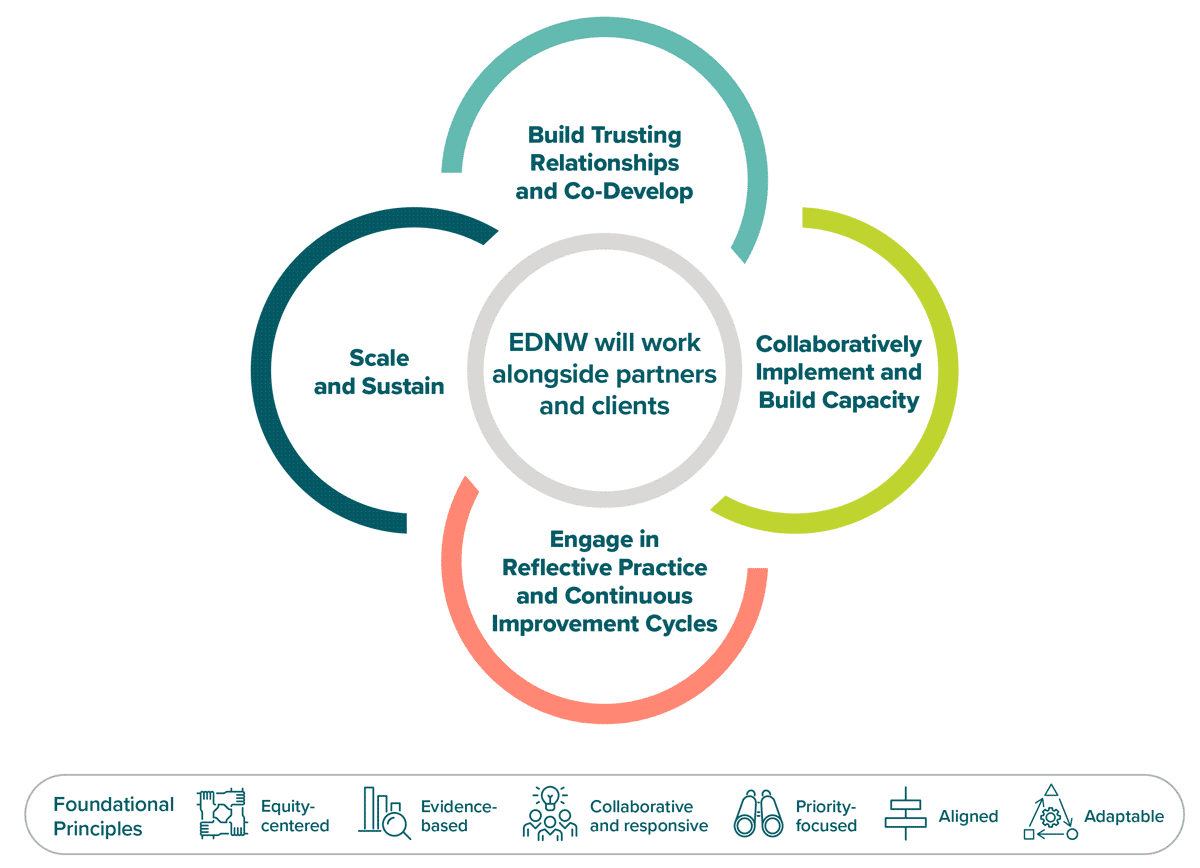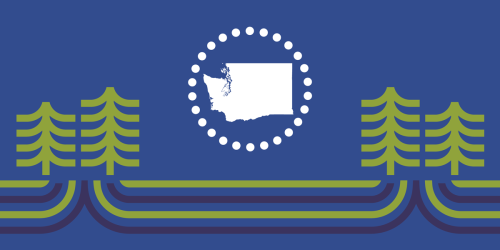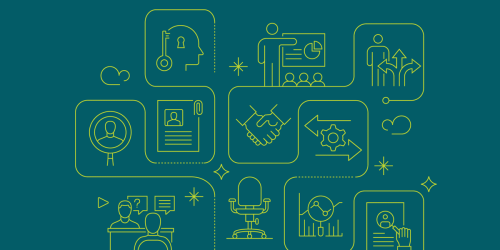Technical Assistance That Works: From Collaboration to Capacity

At Education Northwest, we know that creating change in education requires more than great ideas: It demands thoughtful, collaborative implementation.
Once we complete the first phase in our technical assistance approach (establishing a strong foundation of trust and a tailored plan), we move into phase 2: collaborative implementation. At this stage, we design and deliver a range of supports that are grounded in research and continuously refined through real-time feedback. We thoughtfully customize these supports to address the unique priorities and contexts of our partners. They often include:
- Training, coaching, and leadership development
- Co-developed tools and resources
- Ongoing implementation teams and communities of practice
- Data-informed adaptations and refinements
Successful implementation requires shared ownership, skill building, and structured support. That’s why we work with our partners to co-create implementation strategies grounded in the principles of implementation science. Our approach emphasizes the development of organizational and individual competencies needed for lasting systems change. We support our partners in identifying and strengthening key drivers, such as leadership engagement, staff capacity, and data-use practices. To ensure responsiveness and relevance, we regularly bring together cross-functional implementation teams to review real-time data, identify emerging needs, and adjust strategies accordingly. This continuous improvement cycle allows us to tailor supports as conditions evolve, ensuring sustained momentum and measurable results.
Our approach emphasizes the development of organizational and individual competencies needed for lasting systems change.

How We Bring It to Life
At Education Northwest, we believe that co-developing and co-implementing solutions with our partners leads to deeper engagement, stronger ownership, and more sustainable change. We collaborate at every step, from planning to execution, to ensure that strategies are not only grounded in evidence but also shaped by the lived experiences, insights, and priorities of those most impacted. This collaborative approach strengthens alignment, builds capacity across roles, and results in more relevant, actionable solutions.
Our key activities often include:
- Facilitating regional kickoffs, working groups, and task forces. These collaborative spaces foster shared visioning and decision making, ensuring that project initiatives reflect the strengths and needs of local communities.
- Leading learning communities on platforms like LinkedIn and in-person networks. Co-led learning spaces encourage peer exchange, innovation, and mutual problem solving, which enable partners to learn from each other’s successes and challenges.
- Field testing strategies and tools across local and state programs. Working together to test and refine approaches in real time allows us to quickly adapt tools and practices, improving both quality and fit before wider adoption.
- Offering intensive training, coaching, and leadership supports. Co-implementation ensures that professional learning aligns to the real conditions practitioners face, making supports more meaningful and immediately applicable.
- Co-developing and launching implementation resources and tools. Resources created with—and for—users are more likely to be adopted and used effectively, as they reflect actual workflows, language, and cultural context.
- Collecting benchmark and implementation data to guide strategy. Partners are involved in defining what success looks like and how it is measured, which leads to greater clarity, accountability, and continuous improvement.
By co-creating and co-delivering every aspect of our support, we build momentum, trust, and long-term capacity—ensuring that change is not only possible but lasting.
Real-World Success Stories
The following examples of our projects with state agencies, Tribal nations, higher education institutions, and other entities show how phase 2 of our technical assistance approach looks in action.
Institutional Planning for Educator Preparation Programs in Oregon
We partnered with the Oregon Higher Education Coordinating Commission and the Educator Advancement Council to study how institutional planning efforts at universities across the state were supporting educator preparation programs. In addition, our team facilitated a community of practice to support ongoing collaboration among the programs. Early in the project, we held alignment conversations with our partners and the Oregon Teacher Standards and Practices Commission to clarify organizational roles, expected outcomes, and timelines. We helped our partners update the process for reviewing institutional plans by co-developing a rubric, supporting regular two-way communication through Q&A sessions, and helping programs narrow their focus to fewer and more measurable goals. The effort led to clearer guidance, increased alignment, and improved planning supports for participating institutions.
Michigan Department of Education’s Indigenous Education Initiative
In close collaboration with the Michigan Department of Education and its Indigenous Education Initiative team, we co-developed a robust educational package that includes curricular materials, an introductory eLearning module, a literature series highlighting Indigenous literature, and other important background information in the form of maps, guides and infographics. This initiative was shaped through meaningful engagement with all 12 federally recognized Tribes in the state and serves as a leading example of culturally responsive curriculum development. The result is a set of instructional materials that authentically reflect the voices, histories, and present-day realities of Michigan’s Tribal nations, ensuring educators are equipped to teach with both accuracy and respect. The eLearning modules are thoughtfully designed and accessible: They blend strong pedagogy with cultural relevance. Feedback from Tribal partners has been overwhelmingly positive, with many expressing pride in the collaborative process and satisfaction with how their perspectives and priorities are represented. This work demonstrates the power of co-implementation to achieve coherence, cultural integrity, and impact.
Why It Matters
Turning a strong plan into lasting change requires thoughtful implementation, not just recommendations. At Education Northwest, we work collaboratively with partners to co-design practical solutions, offer hands-on support, and build capacity for continuous learning and long-term success.
RunningHorse Livingston is a senior consultant at Education Northwest, where he supports education systems in strategic planning and implementation. With 20 years of experience in facilitation, systems change, and community engagement, RunningHorse helps partners co-create sustainable solutions rooted in evidence, collaboration, and local context.



